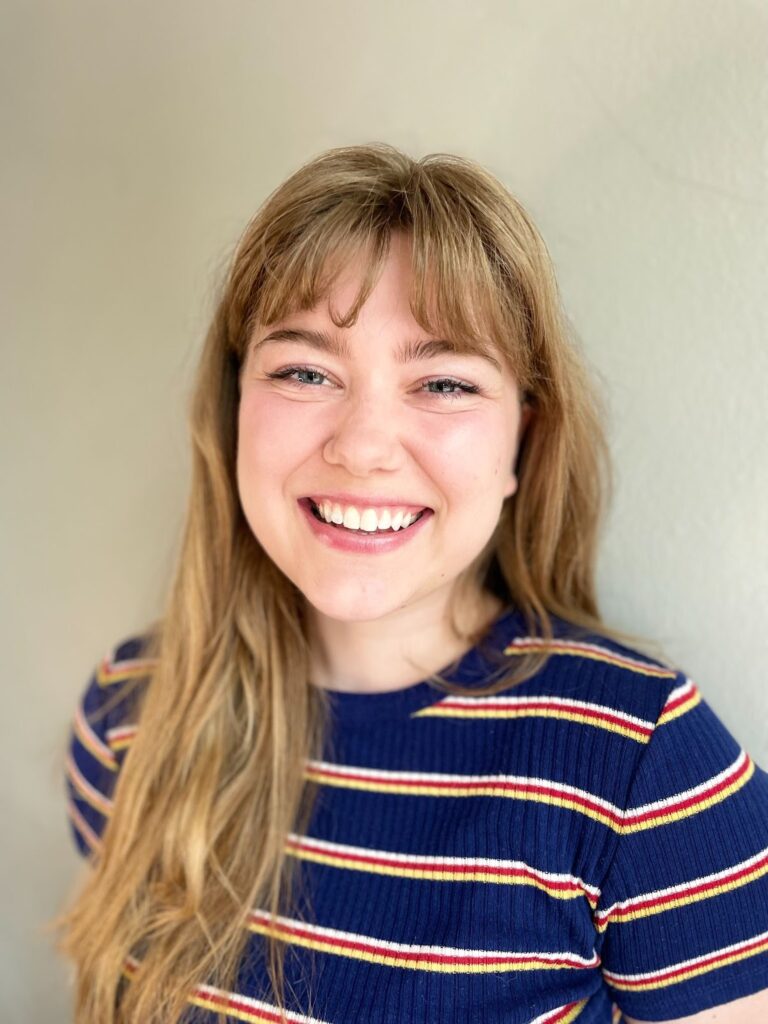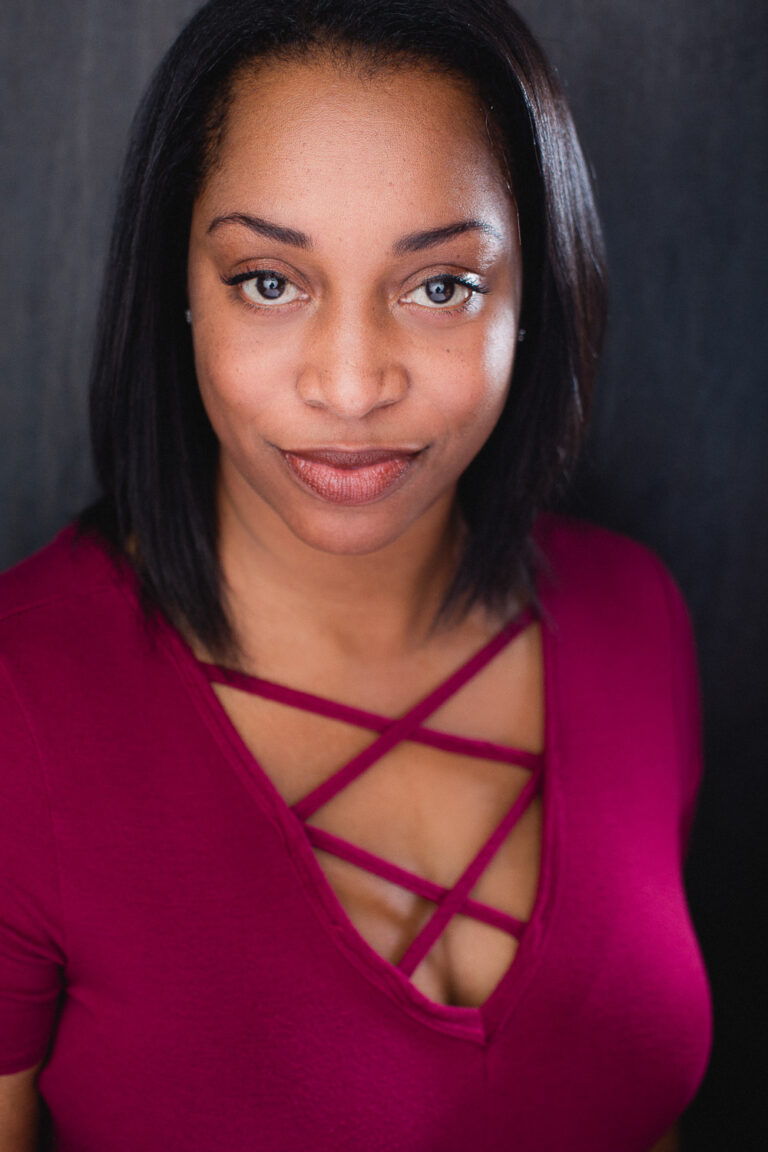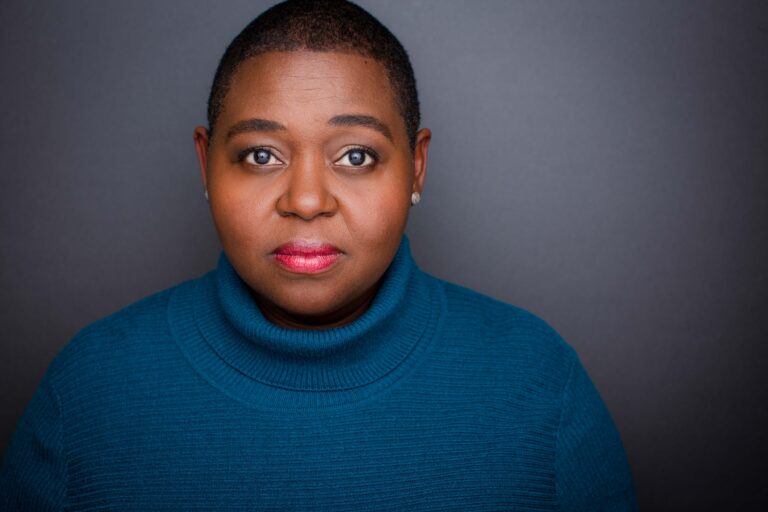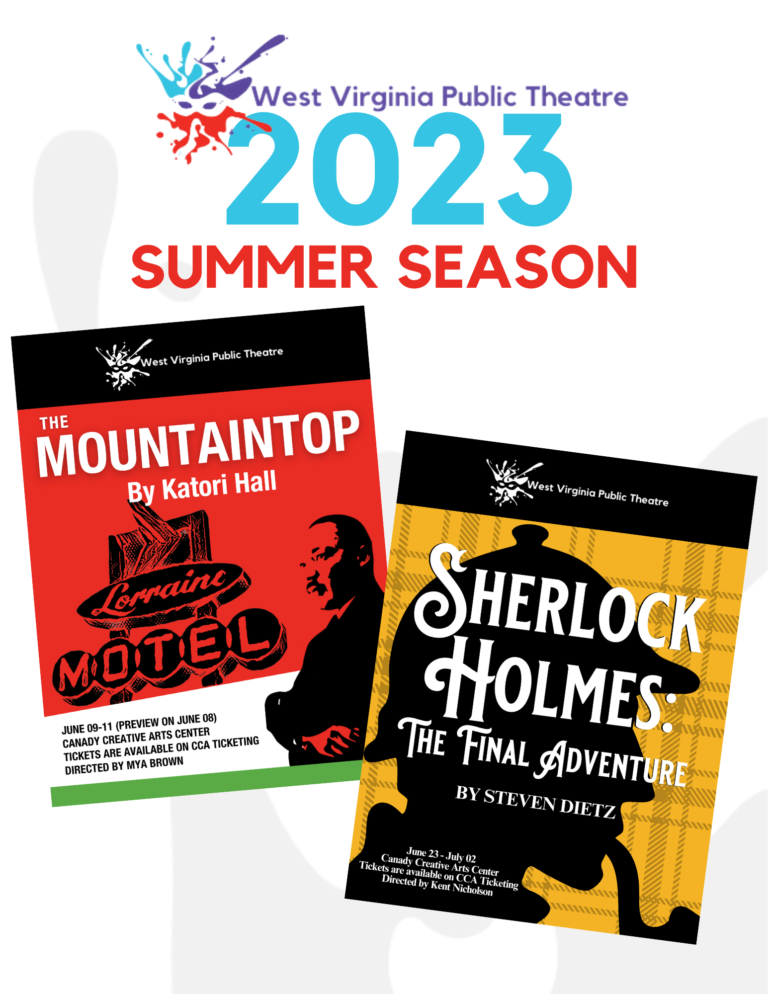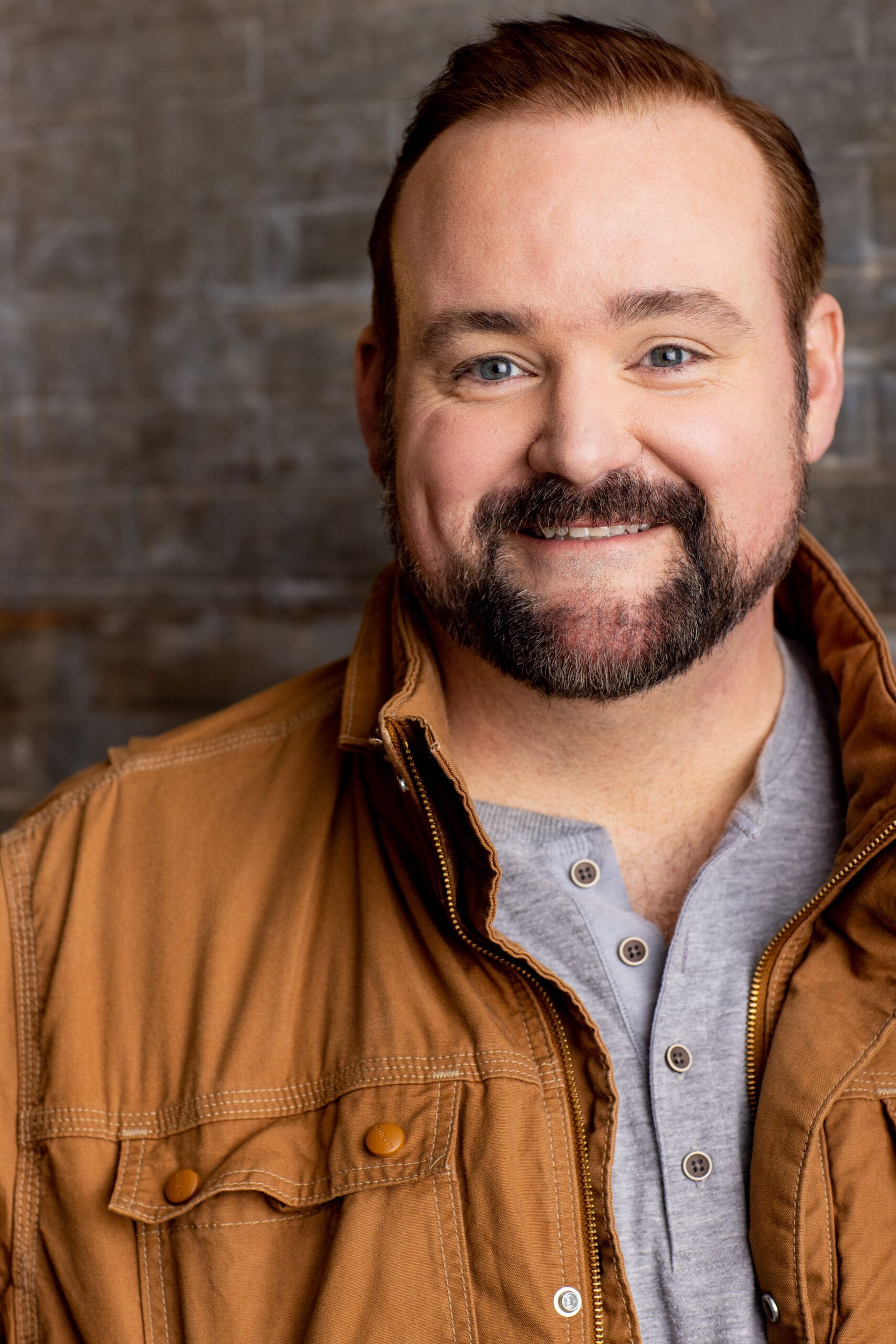

Interview With Raymond McAnally (Ed – The Curious Incident of the Dog in the Night-Time)
Written by Micah C. Beachy
Raymond McAnally is an award-winning actor, writer, and lecturer. His television credits include Black Mirror: “San Junipero” (2017 Emmy), Better Call Saul, Modern Family, Chicago Fire, Law and Order SVU, and 30 Rock. His film credits include Marvelous & the Blackhole (Sundance 2021), The Revival, (Compliance) (Sundance 2012), and Size Matters (Amazon Prime). His theatre credits of note include God’s Ear (Off-Broadway) The Vineyard; One Man, Two Guvnors, Regional Premiere, Repertory Theatre of St Louis; Casa Valentina, Pasadena Playhouse; Mrs. Mannerly, Ensemble Theatre Cincinnati; and The Foreigner, Cincinnati Playhouse. More at www.raymcanally.com
Interviewer: Hi Raymond!! Thanks for joining me this morning. We’re all getting so excited to see you in The Curious Incident of the Dog in the Night-Time! Can you tell our audiences a little bit about yourself, and how you got started in the industry? You have a lot of great projects that you’ve worked on, so what’s that path looked like for you?
Raymond: My career path has been a series of “yes and”… like, okay, I’ll try it.
I was a pretty rural kid in Tennessee in a good school system, but we didn’t have a lot of arts. We were right outside of Nashville, and if you wanted to do arts, it had to be music. While I played music and did some things like that later on in high school, in middle school I had no outlet for it other than to be a class clown who pulled pranks.
I somehow managed to not get caught for a lot of my prank pulling, which maybe is why I’m a good actor. I don’t know. But I got to high school, and because of a series of injuries, I decided to stop playing football, which led me to inform my guidance counselor that I was no longer able to stay in the weight lifting class. The only other thing that matched the time slot was Drama 1. So I ended up meeting the drama teacher. I think she saw someone in me who wasn’t afraid to get up in front of other people, and the rest is history, but it truly was incremental. It wasn’t like some big epiphany. I did a bunch of shows in all four years of high school and absolutely had the bug but no idea how someone made a living as an actor. I’d never met a professional actor, even being in an entertainment industry adjacent town like Franklin, next to Nashville and so I went off to college and thought I wanted to be an academic.
Interviewer: I love that it was something you kind of just fell into. That’s very interesting. So what happened in college that changed your trajectory?
Raymond: I was studying philosophy and writing very intricate papers on the same questions people have been asking for thousands of years. I realized that I loved people too much and wanted to talk to them and not have my head buried in a book. So I kept going out the whole time for plays, and I kept getting major roles, and I kept taking acting classes because I was obviously drawn to it. It was around my junior year of college that I decided to go to New York and do a summer conservatory and see if this really was for me. While in New York, I got offered an off Broadway role and finished my summer conservatory. I turned down the role so I could go back to school. That’s when I kind of knew, but also at the same time, I only heard people say, “You can’t make a living doing that. You can’t do that full time.” I came from a hard-working agricultural family. Both my parents worked seven days a week, so I knew that I had the work ethic to try at least, but I just didn’t know what was possible. So it was always like, okay, well, next step, I know I want to do this. I’ll see if I can get into grad school. I got into grad school and ended up going to my top choice. It was Rutgers. I loved the style of training they had. It’s called the Meisner technique for any theatre nerds out there.
Interviewer: Oh yes, I know all about that. (Jerry, director of Curious Incident was my Meisner professor.)
Raymond: Yes! It was a perfect balance for what I’d already studied in undergrad, which was mostly commedia and some things like that. I got an actual toolkit to work with, and I could duplicate my results over and over again because I think that’s the difference between an amateur and a professional. An amateur might have a great performance here and there, but they just don’t have the skill set to turn it into a consistent, good product. Professionals and craftspeople have that. They can repeat it night after night, show after show. I got that. I started out in New York and got representation right out of grad school. I started working right away, and had my Union card within the first five months of graduating.
Interviewer: Oh, my goodness. That’s amazing. Such a quick turnaround on your Union card!
Raymond: It all came together – I am Southern, and I was already doing accent work before I ever went to school. I would always mimic movies and mimic accents. I came into the industry at a time when being Southern and that Southern accent was really popular, too. After three years of learning not to do it in school, I had to do it all the time. I had an ear for that stuff. We’re doing a show right now that has a British UK accent, and we’re trying to figure out how our individual people speak and where they’re from and all those things that I absolutely nerd out on. I got out of grad school and I said, okay, “I’ve put three years into grad school. I need to at least put three years into trying to make a living at this”. Those three years have now turned into… I think I’m at seventeen. Every step of the way, it’s been, okay, I’ll try this. I’ll try Los Angeles now, and I’ll try doing this sort of thing and that sort of thing. I’ve just been lucky that every step of the way, I knew how to prepare for the opportunities. When I had those opportunities, people wanted to work with me.
Interviewer: “Yes and…” that is such a crucial thing. I feel like when you’re meant to do something, it kind of clicks. So you worked on some pretty large-scale products. What was it like getting onto those?
Raymond: A lot of that stuff is that mix that we hear so many quotes about being prepared for the opportunity when it comes. There’s a great quote outside of our rehearsal hall and it says “Rehearse like your life depends on it. Perform like you don’t care.” It is very true. You have to keep up with your skill set so that when those big auditions come in, you know how to accomplish what’s being asked of you, but you can be free enough to really bring yourself to the part. You’re not in your head.
There are tons of stories about auditioning for 30 Rock or Modern Family. I don’t really remember the auditions as much as I remember getting to do the work. Tina Fey is amazing. She’s an incredibly smart and multi-faceted producer. I loved working on Modern Family and all these things. People talk to you about coming back. Then there’s a string of celebrities who also want to be on the show. You wait in line and hope that the show doesn’t end before you get to come back. I was just telling some of the younger actors in the show that while I’ve been lucky to have representation my whole career, I’ve never rested on my laurels and waited for them to get me all my work. It’s that work ethic I learned from my parents.
I just consider my agency as another set of people who are interested in getting me out there and getting me working, but I have to do that, too. When I booked 30 Rock, casting had brought me in for a few roles on a couple of different episodes. For whatever reason, I didn’t get the parts. Then all of a sudden I got the role I really wanted on the show. When I did Black Mirror, I just got lucky with the casting director the production company chose in the US because they were opening the show up to US production because Netflix had bought it. I was living in Los Angeles at the time, and the casting director thought of me in New York and asked me to put myself on tape. Next thing I knew it was right before Thanksgiving in 2015, and I was on a plane to London to shoot Black Mirror.
My wife is amazing. She’s a stage manager, and she gets what I do. She understands it. Luckily, we’re not in the same boat. Our families had just arrived for Thanksgiving as I was leaving to get in the car to go to the airport to fly out and everybody just rolled with it.
Interviewer: Such a great look into your career path. People are really going to enjoy this.
So how did you find yourself working with West Virginia Public Theatre this season?
Raymond: This is an example of me just not waiting for somebody to submit because I saw the role pop up on Actors Access, which is one of the casting sites. Normally I would ask my representative to submit me, and they would, but I was so excited about the part, and the dates worked out well, and Morgantown is surrounded by beautiful mountains and places to go hiking. If I can couple traveling with acting. I’m the happiest person in the world. I saw those opportunities, and I just hurried up and submitted stuff. Next thing I knew, I had a request for a monologue, and I sent that in, and then they asked me for a monologue from the show, and I sent that in. Finally I met Jerry, and I feel like we hit it off in the audition, and I was lucky to be trained by people who taught me how to really do good script analysis and all of that kind of work. So I enjoy being directed. I enjoy getting feedback from a director and making adjustments. I think that is how you know that you’ve got a good actor on your hands.
For me, that’s the work. I have my ideas. I’m approaching it. I’m trying to show you what I’ve been thinking about and put my inner life and my body into the show, and then you give me an adjustment, and hopefully together we’re going to make this amazing character in an amazing scene and all that stuff. And I could tell right away that Jerry was that kind of director. So I knew I wanted to do the project, and I was so excited when he offered it. I actually drove out from California. I took ten days, and I stopped at national parks and historic sites and all that stuff.

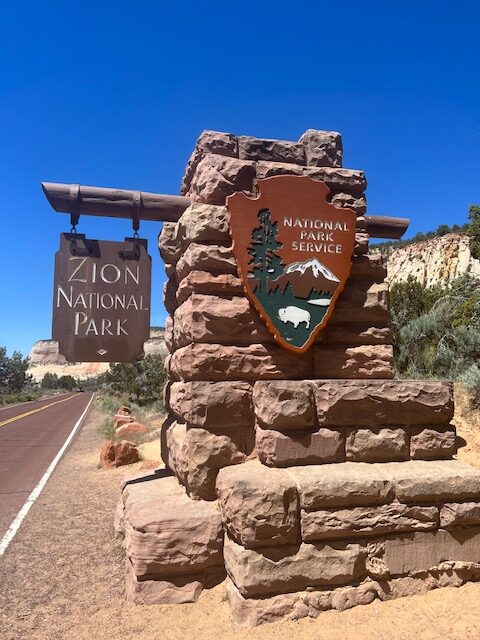


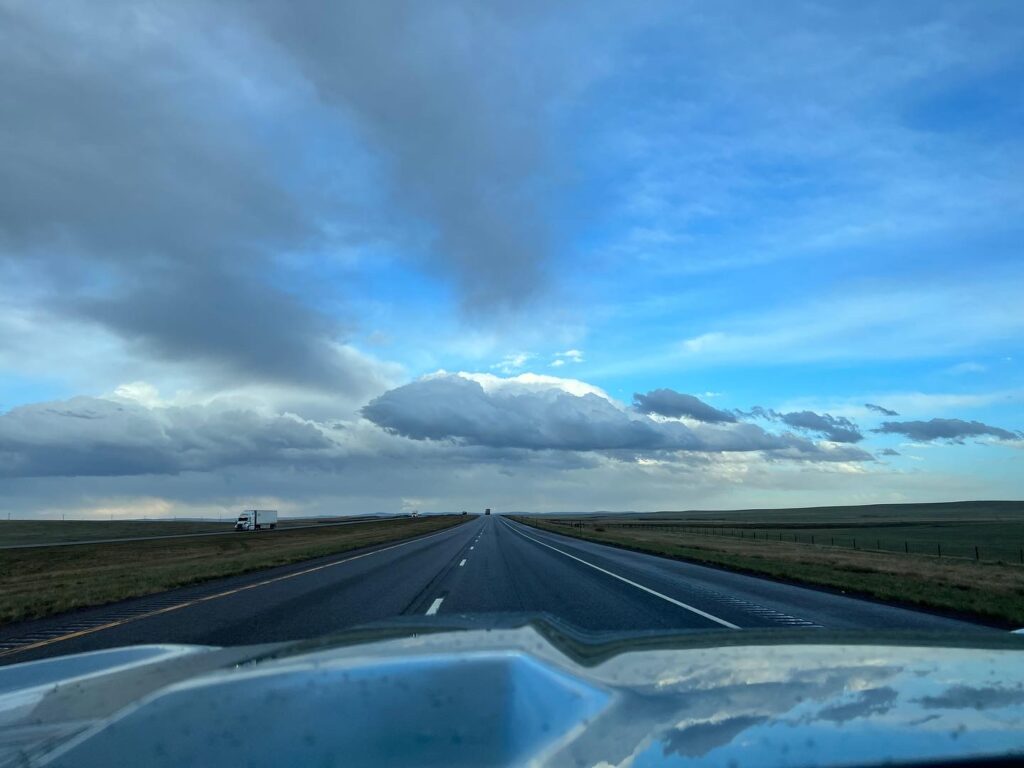
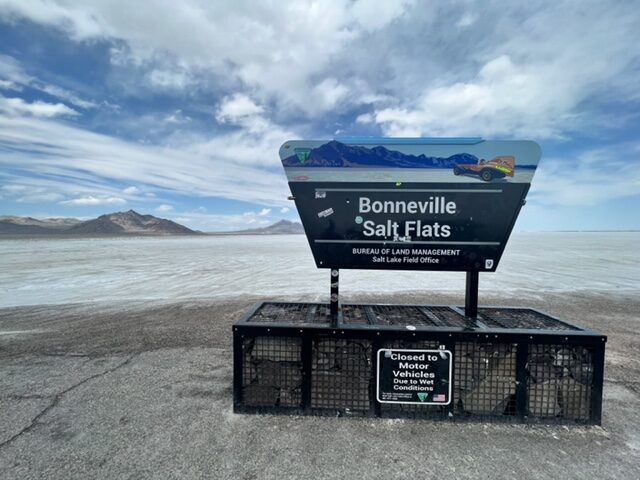


Interviewer: Perfect. So you got the project, but what has it been like working on the project?
Raymond: We were actually all hanging out on Sunday night. Our days off are on Mondays, and everybody was saying that it’s such a great group. It feels like that is because of the work that not only Jerry is doing, but also, Tom, the movement director and choreographer, who taught here as a faculty member years ago. It’s because of the work they’re both doing. We built a very close ensemble right away, and it just feels like everybody’s got everybody else’s back. It’s a complicated show, definitely. Right now we’ve blocked it, and we’re starting to run it. But it feels like there’s no weak links. Nobody pulls the studs on anything. Everybody wants to be where they’re needed. I think it’s been a much easier process to figure out all these moving pieces because everybody was there to step up and say, “hey, I can do that”, “I can take care of that”, so it’s an interesting show. I would tell any audience member who’s interested in seeing it that it’s got all the theatre magic you could possibly look for. I mean, it’s got people playing multiple characters. It’s got kitchen sink drama scenes. It’s got surrealism. It’s Brechtian at times. The only thing we don’t do is break out into a dance number yet – don’t tell Jerry that.
Even though the play moves very fast and sometimes gets compared to the way film and television cuts, I think it’s still meant to be a live performance in a way that scripts of that skirt that kind of line don’t normally have. I mean, at least the way we’re performing it. I would be shocked if any audience wasn’t able to fall in love with the character of Christopher. And even though Christopher’s situation is so specific, it’s one that we’re more familiar with now than when the play first came out. It’s still an incredibly human story, and the journey he goes on is all firsts. It’s all new stuff to him, and we can all definitely relate to that.
Interviewer: Definitely. What have been some of the challenges for the show?
Raymond: We did our due diligence. We did our table work, but there are so many question marks until you start seeing how people move and how the stage elements are able to move. When this show was originally produced, it was incredibly tech-heavy, and I don’t think you can do a production of it without tech elements like projection and light changes because the transitions are so quick. But the way the script is written is based off of the way they performed it in the West End and on Broadway, and they spent gobs of money to figure out these technological quick tricks and to be honest, I’m super glad we’re not doing that, that we’re letting the storytelling happen through the ensemble. We have the ensemble moving things and setting up scenes quickly, and we’re not apologizing for any of that. We’re saying this is the fun part once you get to know the play. I don’t want to give any spoilers, but once you get to know the play, especially in the second act, you see why that is. It’s very much by design. It’s really cool to be doing it the way we’re doing it, but it is challenging. It is really challenging to figure out, okay, we know what we want. We talk in tableaus. Right. So you know what? You know what you want the scene to end up looking like set-wise, but then you have to track all the little pieces that make that set, and you’re like, “oh, my gosh, we have to go back three scenes to figure out where this one block needs to go”. That’s the challenge of it, for sure.
Interviewer: Wonderful. What would you like audiences to take away from the performance?
Raymond: I think one of the reasons I was drawn to this show years ago, from the beginning, was that the story drew more empathy out of the audience when I saw it than most of the things on stage at the time. That’s still true. I think we all need to open up and be more empathetic and be more understanding of what other people are going through. That’s a big part of this play. On its face, there are plot elements that could trigger harsh judgements about my character, or Christopher’s mother, or Christopher himself. If you have never been around someone who is autistic, which the writer never actually comes out and says Christopher is, there’s a question mark there, and that can sometimes shut people down. This show is really effective at just opening people up and looking at clues, like, “okay, I might not like the way this character acted in this moment, but why are they acting that way?”. As an audience member, you do that intentionally. I think you have to do that with this show just by the nature of the way it’s written. So that’s what I want audiences to take away and I don’t know that they’ll have a choice. I think it’s one of these shows where you come and you definitely just go along for the ride, and then you end up having a three-hour conversation afterward about it.
Interviewer: Well we are so excited that you’re a part of it, Raymond!! I can’t wait to see what the audience thinks. Thank you very much for answering my questions and for taking the time to chat with me today!
Raymond: Thanks! It’s been a treat being here and exploring West Virginia – it’s beautiful here!
